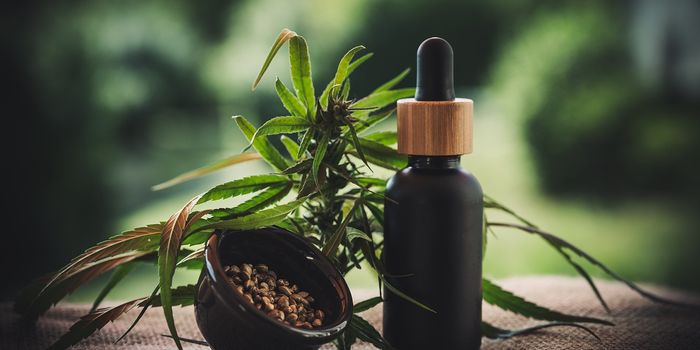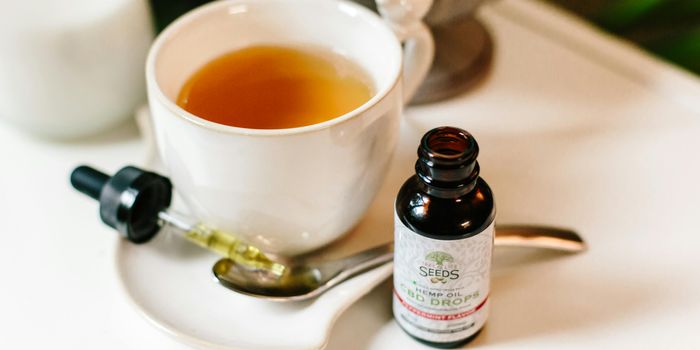Drug Treatments Used For Cattle Affect Wildlife
Common drug treatments used in cattle, such as de-worming and anti-ectoparasitic products, have held effect on wildlife which urged researchers to find immediate alternatives. Previous studies have indicated an environmental impact as a result of these drugs—specifically they impacted dung beetles (a known prey for a range of bat and bird species).
Learn more about dung beetles:
"What's particularly worrying is that the beetles actually seemed to be more attracted to treated dung but, because of the toxicity of the chemicals, their larvae have poor survival rates and face impaired development,” says Fiona Mathews, Professor of Environmental Biology at the University of Sussex.
Now, findings published in the journal Environmental Toxicology and Chemistry, indicate that these drug treatments used in cattle specifically attract dung beetles and then impair their development in their larvae.
"When compared with controls, we found that dung samples from cattle treated with these products had about a third fewer dung beetle larvae,” adds Mathews. "Over time, this reduces the number of dung beetles which is troubling news for a range of bird and bat species -- for which dung beetles are key prey items. Many of these species are already listed as vulnerable so any decline in prey availability is a serious concern."
The beetles are food for a range of bats and birds—and if these beetles have been impaired, it also negatively affects these species.
"Many farmers are now facing a gap in their income as they have to make new applications. Sticking to an insecticide-free approach may not be economically attractive compared with switching to conventional systems where the routine use of anti-parasitic agents is normal. Once applied, the residues can remain in the soil -- affecting a wide range of invertebrates -- for months."
"Some of these farms are also critical for British wildlife, particularly rare bats, and the introduction of chemicals could really impact their numbers -- as demonstrated in our study."
Source: Science Daily









